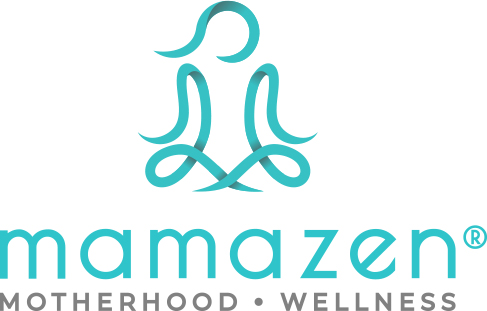What is Positive Parenting?
Positive parenting leads to positive futures for generations to come.
American SPCC provides parenting education and support as the most effective way to support families and nurture children.
The following resources are made possible through contributions by child and family advocates like you.

4 Key points to positive parenting success
Effective Parenting
Your words and actions influence your child’s own actions and behaviors.
Consistent Parenting
You follow similar principles or practices in your words and actions.
Active Parenting
You actively participate and are involved in your child’s life.
Attentive Parenting
You monitor and pay attention to what goes on in your child’s life.
What is Positive Parenting?
Parenting is a full-time job, full of joys, trials, challenges, and triumphs. There is no doubt that parenting can be rewarding and exhausting at the same time. No parent is perfect.
Parent-child relationships have a powerful effect on a child’s emotional well-being, basic coping and problem-solving abilities, and future capacity for relationships.
Through sensitive, responsive, and predictable care, young children can develop the skills they need to succeed in life.
Good parents take their parenting roles seriously, and are empowered to learn and develop their positive parenting skills. They accept responsibility for the healthy development of their child and act as a positive role model. They mentor and guide their child from childhood to adulthood.
3 major goals of parenting
Ensuring children’s health and safety.
Preparing children for productive adult lives.
Proper transmitting of cultural values.
A HIGH-QUALITY PARENT-CHILD RELATIONSHIP IS CRITICAL FOR HEALTHY DEVELOPMENT
Effective parents and caretakers ensure that children are healthy and safe, equip them with the skills and resources to succeed as adults, and pass along their basic cultural values to them.
Parents and caretakers should offer their children love, acceptance, appreciation, encouragement, and guidance.
Parents and caretakers provide the most intimate context for the nurturing and protection of children as they develop their personalities and identities and mature physically, cognitively, emotionally, and socially.
5 tools to successful positive parenting

1.
Responding to your child in an appropriate manner
2.
Preventing Risky behavior or problems before they arise.
3.
Monitoring your child’s environment
4.
Mentoring your child to support and encourage desired behaviors
5.
Modeling your own behavior to provide a consistent, positive example for your child.
Childhood trauma may be brief, but its impact lasts a lifetime.
Help build positive futures for our youth by supporting our mission today.

The #1 mindful parenting app
Endorsed & Adopted by Doctors, Psychologists, and Mental Health Experts

